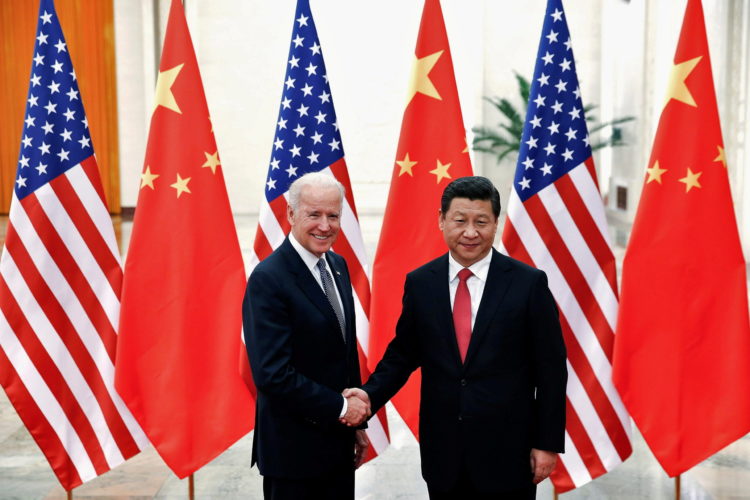The relationship between China and Taiwan has been tense for decades. Its future remains unclear making this one of the most hotly debated topics in East Asia. China wants Taiwan to be reintegrated into the mainland, but it doesn’t want to use force. Taiwan is wary of Beijing’s intentions and prefers to maintain its independence.
According to the South China Post, “Xi Jinping recently told Joe Biden that the mainland would take a ‘patient’ approach – a message reinforced by a recent Communist Party resolution.”
The one thing that really shows up when comparing the U.S. and China, two world powers, is that China always thinks long-term whereas the U.S. thinks short-term. This is largely because our political system is short-sighted by design, meaning our presidents think in terms of short election cycles. China by contrast can play the long game because Xi Jinping will likely lead the country for a life term.
So, I think it’s not a matter of if but of when China takes Taiwan.
In the short term, China will continue to fan the media flames in order to potentially distract from internal economic issues, especially its own real estate bubble.
China’s Strategy
China has long regarded Taiwan as a renegade province. For decades, Beijing has maintained the threat of military action in order to force reunification. But Beijing’s goal — to annex Taiwan by force — no longer looks feasible with global pressure from U.S. and European trade partners. Xi himself has said that they will wait patiently for reunification. So it’s very clear what China wants. How do you eat an elephant? One bite at a time…
A recent survey found that only 19 percent of people in China think unification is possible by using military force. Since 2008, China has shifted its strategy and now believes that it can achieve reunification through economic incentives, sanctions, cultural infiltration, and the promise of political stability.
The Chinese government’s ultimate goal is to bring Taiwan under mainland control without firing a single bullet. To achieve this, Beijing will continue investing in infrastructure around Taiwan, cultivating economic ties with Taipei, and attempting to isolate Taiwan internationally. China builds up its military capabilities on the mainland. Beijing plans to rely on them to deter any potential American intervention in the event of an escalation with Taiwan.
What Taiwan Wants
Taiwan wants to maintain its independence from China but this is very unlikely.
Already have an account? Sign In
Two ways to continue to read this article.
Subscribe
$1.99
every 4 weeks
- Unlimited access to all articles
- Support independent journalism
- Ad-free reading experience
Subscribe Now
Recurring Monthly. Cancel Anytime.
As one of the few remaining democracies in Asia, Taiwan wants to maintain that status quo. It wants to maintain a good relationship with the United States as well as other democratic allies, but America is not on solid ground to lend any serious help other than weak rhetoric.
Taiwan’s main goal is to preserve its sovereignty and democracy. China, however, has other ideas. Beijing would like to see Taiwan reintegrated into the mainland and turned back into a province. If this were to happen, there would be a political union between China and Taiwan and Beijing would have greater control over Taiwan’s affairs.
In the past decade, Beijing has been gradually increasing pressure on Taipei by testing its military might in territorial disputes around the East China Sea and the South China Sea.
Taiwan’s government is worried about China’s military build-up in the South China Sea. There are concerns that China could annex part of Taiwan under the guise of protecting its national security interests.
Watching From the Sidelines
China will continue to put economic pressure on Taiwan through trade embargoes and other means. This strategy will continue into the long term. It will ultimately end in reunification by a thousand cuts.
It’s already a topic most in the West tune out. This plays into China’s PR plans for the long-term. There would be very little political support by Republicans or Democrats to bail out Taiwan. Xi surely knows this.
The U.S. continues to lose trust and influence in the region with failed foreign policy run wild over 20 years and two wars that have had major financial drain with no benefit to America as a result.
China will take over Taiwan and there is not much America or Biden can do about it except bark loudly with no bite.










COMMENTS